Palantir CEO Alex Karp recently made a striking statement about the future of employment, suggesting that individuals with specialized knowledge will earn significantly more than those with general expertise. This assertion has significant implications for the job market and the value of higher education.
According to Karp, those with niche knowledge will make a lot more money than Ivy League graduates with general expertise. This perspective is not entirely new, as the rise of artificial intelligence (AI) and automation has been transforming the job market for several years. However, Karp's comments highlight the growing importance of specialized skills in a world where AI is increasingly capable of performing routine and repetitive tasks.
In 2022, Palantir, the 439 billion tech company led by Karp, reported revenues of $1.8 billion, a 30% increase from the previous year. The company's success is largely attributed to its ability to provide data analytics and AI-powered solutions to its clients. This trend is not unique to Palantir, as many companies are now investing heavily in AI and automation to stay competitive.
The job market is undergoing a significant shift, with AI agents increasingly snatching up roles in the workplace. According to a report by the World Economic Forum, by 2025, more than 75 million jobs may be displaced by automation, while 133 million new roles may emerge that require human skills such as creativity, empathy, and problem-solving. This has significant implications for the value of higher education, as students are increasingly being encouraged to develop specialized skills that are less likely to be automated.
Palantir's CEO has been an outspoken critic of the higher education system, suggesting that it is not adequately preparing students for the changing job market. Karp has argued that the traditional model of higher education, which emphasizes general knowledge and critical thinking, is no longer sufficient in a world where AI is increasingly capable of performing routine and repetitive tasks.
The implications of Karp's comments are far-reaching, as they suggest that the value of higher education is no longer solely tied to the prestige and reputation of the institution. Instead, students are increasingly being encouraged to develop specialized skills that are in high demand by employers. This shift has significant implications for the way we think about education and career development, as students are now being encouraged to take a more proactive approach to developing their skills and expertise.
In conclusion, Palantir's CEO has highlighted the growing importance of specialized skills in a world where AI is increasingly capable of performing routine and repetitive tasks. As the job market continues to evolve, it is likely that the value of higher education will continue to shift, with a greater emphasis on developing skills that are less likely to be automated.





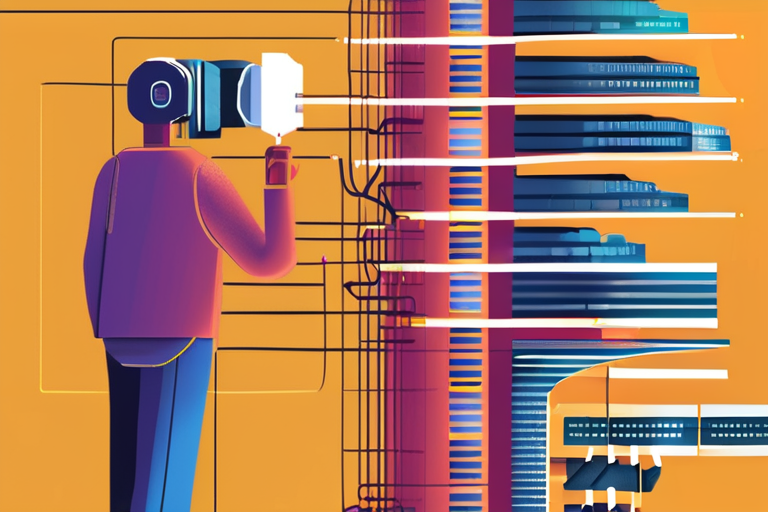

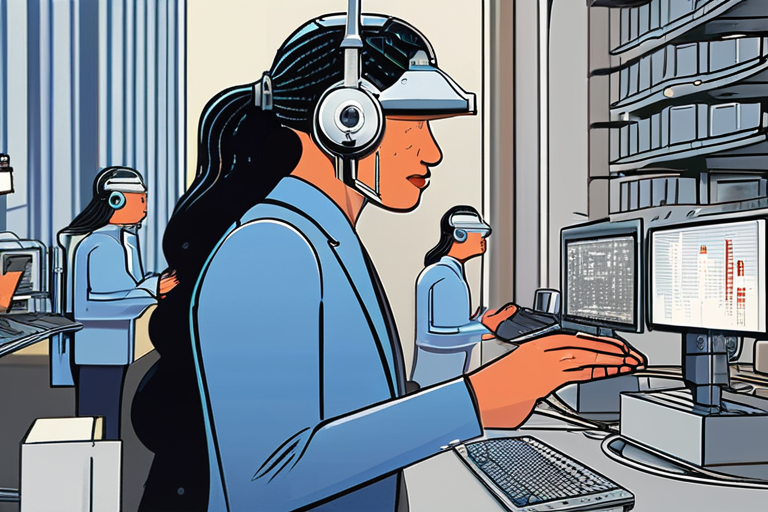
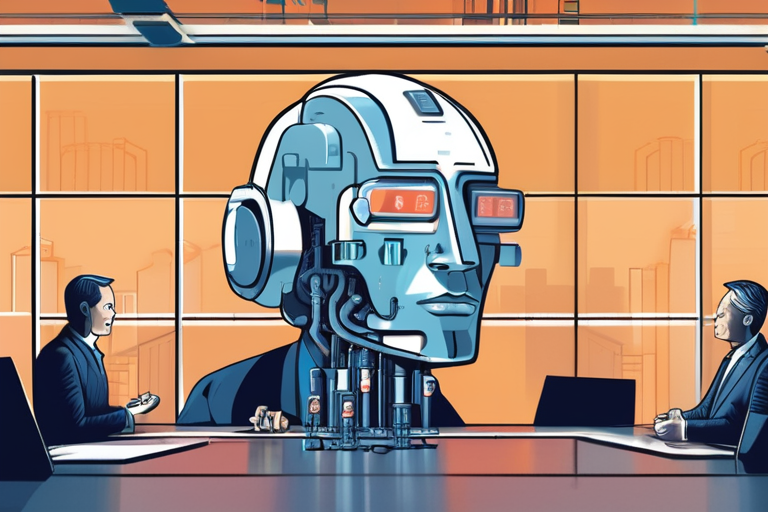






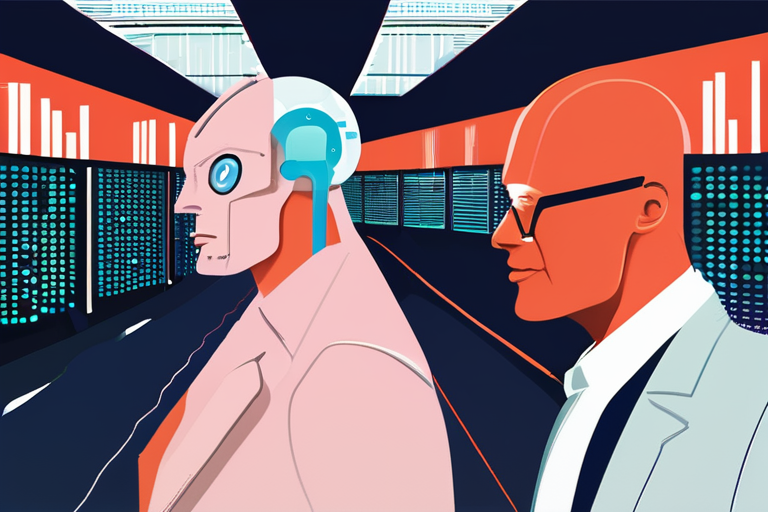



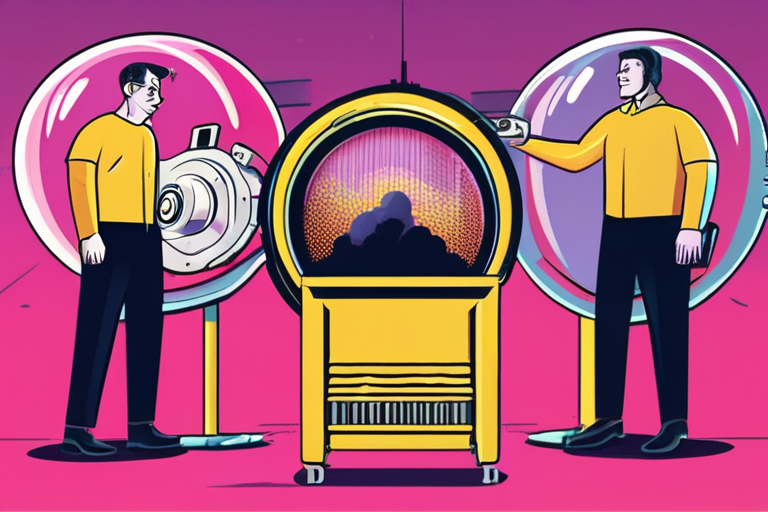



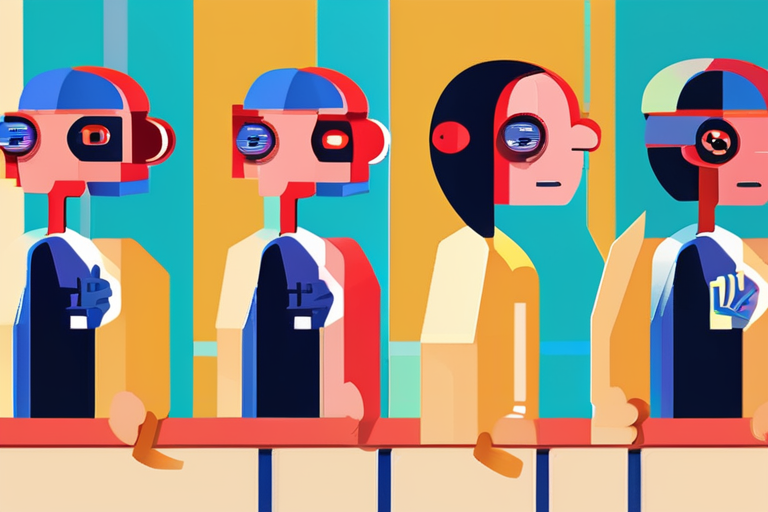
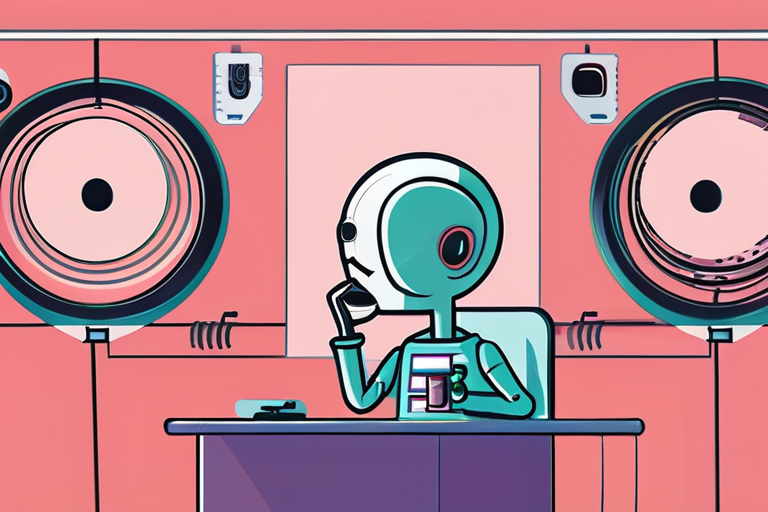

Share & Engage Share
Share this article